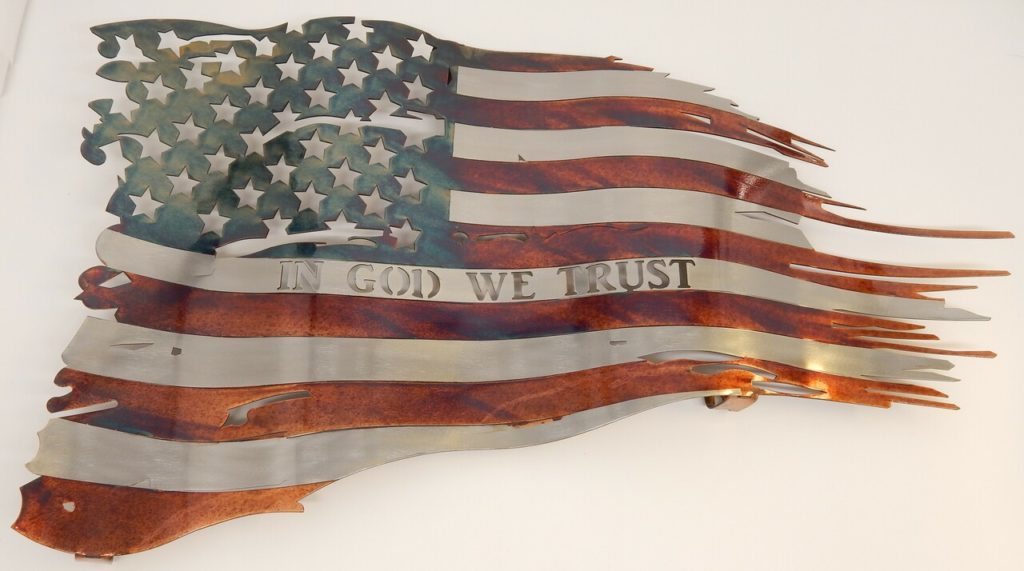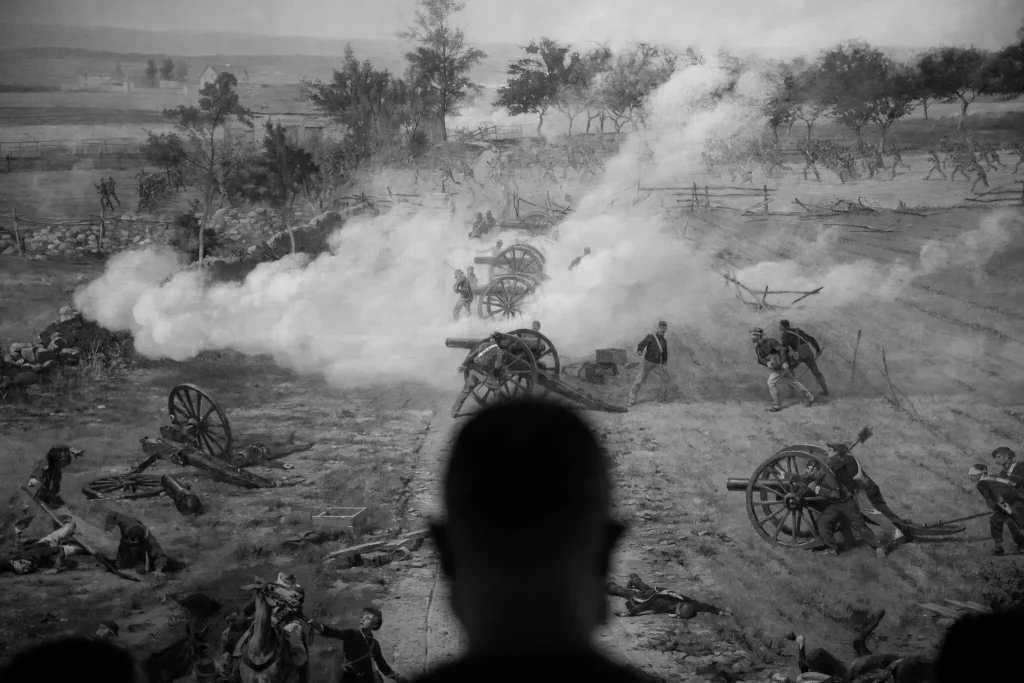I write this column as a concerned citizen of the United States of America. I emigrated from South Korea in the summer of 1968 when Lyndon B. Johnson was the President. Before receiving an appointment last year at the Watsonville First UMC, I served as a campus minister at the UC Merced in the Central Valley. I play tennis and one day at the court, I was having an exchange of opinions with the retired judge who was deriding Hillary Clinton who was running for presidency against Donald Trump. I made a few comments critiquing Trump’s character and behavior. The judge told me, “Why don’t you go back to North Korea!” I was shocked by his hurtful words but I was able to collect myself and immediately retorted, “I’m offended that you can’t tell the difference between North Koreans from South Koreans.”
Benjamin Franklin was walking out of Independence Hall after the Constitutional Convention in 1787, when someone shouted out, “Doctor, what have we got? A republic or a monarchy?” To which Franklin responded, “A republic, if you can keep it.” Ben understood the difficulty and fragility of keeping and maintaining the democratic republic. It will require everyone buying into the ideal of democratic republic and abiding by the constitution. And, thus, the experiment in democracy was born.
The bedrock of democracy is the representative government of the people, by the people, for the people and the peaceful transfer of power. These two foundations of our democracy are being assaulted today. America has been downgraded from a democratic nation to quasi-democracy by the international watchdog organization. Switzerland has now surpassed us as the oldest existing democratic nation that U.S. once perennially occupied.
Here is a brief history of the birth of democracy in South Korea. In 1948, Rhee Syng-Man, a Princeton Ph.D. graduate and hand-picked by the President Harry S. Truman’s administration, became the first president of the Republic of Korea with the democratic-constitutional government resembling the American government following the 40 years of Japanese occupation of Korea from 1905-1945. But it didn’t take long for coup d’état to occur in 1963. The military general, Park Chung-Hee, stormed the “Blue House” (equivalent to our White House) with tanks and guns with his military. He ruled with iron fist and impunity for 16 years until he was assassinated by his own Korean CIA Chief, Kim Jae-Gyu. Another military general at the time, Chun Doo-Hwan, declared a state of emergency, executed the KCIA Chief, and took over the government in 1980 and ruled for 8 more years as an unelected military dictator. Chun was sentenced to death in 1996 in a trial for his role in the Gwangju Massacre of demonstrators but was later pardoned in 1977 by President Kim Young-Sam.
It wasn’t until 1988, the first national democratic election was held and Roh Tae-Woo was elected President of South Korea. Every president thereafter came to power through free, democratic election. Once the public tasted the sweet freedom of democracy, there was no going back to military rule. The democratic consciousness has been irrevocably shifted and inculcated in the hearts and minds of the public. It was a long and hard-won struggle paid with blood. They know how precious democracy is. No one will dare coming to power through undemocratic means because they will face the reckoning of the public fury.
To get this point of establishing democratic republic, a lot of innocent blood was spilled in the streets and hundreds of thousands of young lives lost and tortured from the first coup in 1963 and the end of dictatorship in 1988. As a child I witnessed firsthand the military coup in 1963 as armed soldiers and the US provided tanks rolled into the streets of Seoul towards the Blue House. I saw from afar on the US shore, the unrelenting courage of young people from all across universities and colleges demanding freedom and democracy from strong men who were hellbent in holding onto their power by any means. These young protesters were the tip of the spear of the democratic movement in South Korea. Finally, the general public decided to join in to support young protesters when they saw their sons and daughters being massacred, imprisoned, and tortured. The tide turned and dictatorship came to an end with the free democratic election in 1988.
Why am I sharing this story of democracy in South Korea? Because South Koreans, Canadians, and Western countries, are in dismay as they see America, the beacon of democracy for other nations to emulate for centuries, is slowly being unraveled and dismantled. There is a story of a Republican and a Democrat who met on a bridge. The Republican asked the Democrat, “Are you a Republican or a Democrat?” The man answered, “Of course I’m a democrat! My great-grandfather was a Democrat. My grandfather was a Democrat. My father was a Democrat. So I’m a Democrat.” The Republican retorted, “Do you mean to tell me that if your great-grandfather was a horse thief, your grandfather was a horse thief, your father was a horse thief, you’ll be a horse thief?” The man answered, “Of course not. That’s Republican.”
Today there are 27 states led by GOP state lawmakers and legislators passing over 100 bills to suppress voters who they think will vote democrats from voting. Polling finds that the overwhelming majority of Republicans believe that President Biden was not legitimately elected and that about one-third approve of using violence to achieve political goals. Put those two numbers together, and you have a recipe for extreme danger.
Carol Gilligan, an American psychologist and ethicist, wrote, “Democracy is like love. It only works when everyone has a voice.” The House recently passed the Freedom to Vote/ John R. Lewis Voting Rights Advancement Act and sent the bill to the Senate. We need to pass this bill to ensure our democratic republic is preserved.
The 16th U.S. President Abraham Lincoln in The Gettysburg Address in 1863 proclaimed, “that these dead shall not have died in vain– that this nation, under God, shall have a new birth of freedom and that government of the people, by the people, for the people, shall not perish from the earth.”
May it be so. God bless America!


